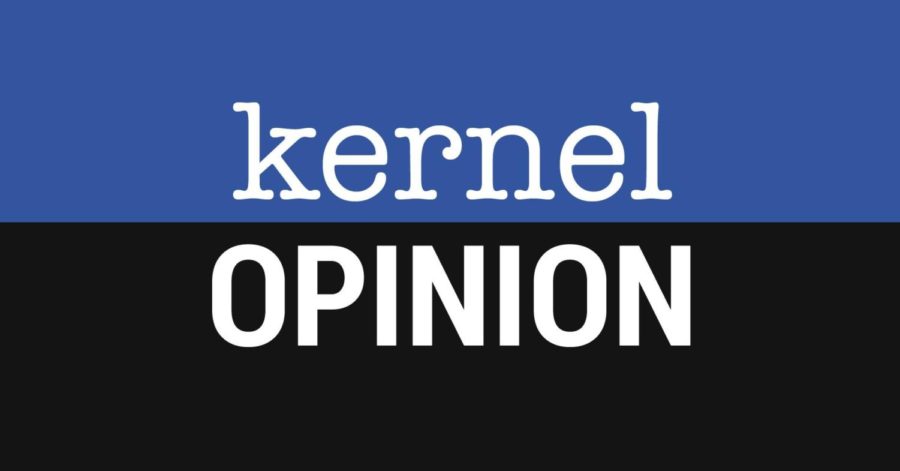We must recognize gender bias in our language
September 6, 2018
One the largest differences between human beings and our closely related primate ancestors is our capacity for language.
The ability to communicate our thoughts through spoken and written word has undoubtedly been one of the largest driving forces for community, society and civilization through history, but it could also be holding us back from important social changes today.
Language creates a collective lens that we can see the world through as a society. This comes with both good and bad because while it does keep our society on the same page, it’s not always the right page.
We live in a pivotal time for this issue. In recent years, the old ways that our languages have instilled in us have been clashing with many movements that are just now getting traction on a public stage. From women’s rights to transgender acceptance, our archaic language does not seem to be keeping up with our accelerating social change.
Most modern languages in existence have a very black-and-white definition of masculine and feminine and male and female. This comes mostly in the form of gender-specific pronouns like he and she, but with a widening and more fluid idea of gender integrating into society there are major conflicts with such definitive language.
In modern culture, it is a popular observation that we bias our language with our frame of mind, but I don’t feel we are conscious enough of how our language biases us. For example, a tribe of aboriginal Australians speaks a language that doesn’t use relative directions like left and right. Their language only uses directions like north and south. So they might refer to someone’s leg as their northwest leg instead of their left or right leg, and statistically people that speak these kinds of languages can orient themselves on the landscape much better than that of a normal human being.
This is how influential language can be on someone’s mindset. So it isn’t much of a stretch to say that our language is subconsciously affecting us at all times, which means that having gender biased words like mankind, fireman or outdoors-man can unconsciously affect the way we think about these roles, and these words exclude female participants. It gives us preconceived notions about how these roles are stereotypically filled. It’s also important to remember that our language was devised in a time when women had no rights and transgender people were persecuted, so those aren’t exactly the ideal conditions to create and inclusive language.
Language also has a certain fluidity to it. It constantly changes. Slang words are created; words go in and out of style. So the society is constantly changing language and vice versa, which means that we can change our language to be less discriminatory and more inclusive. The way we should change them is a another argument, but recognizing that our archaic language may need a a few modern modifications seems unavoidable.
































































































































































